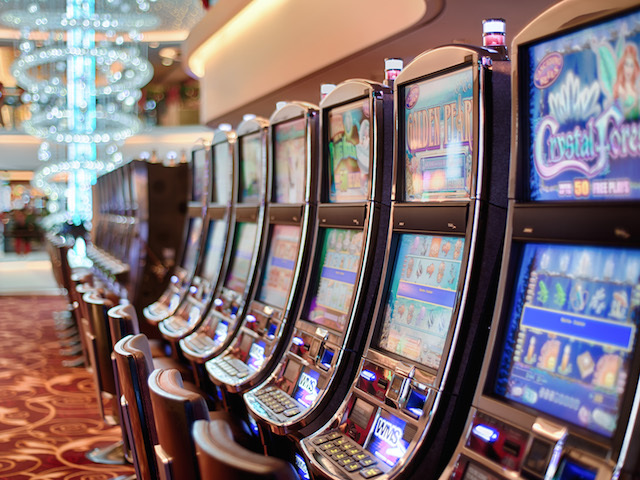We often sneer at casino ineptitude, eager to point out amongst ourselves instances in which casinos took excessive, misdirected, or just plain absurd actions as a response to suspected advantage play. Sometimes it’s a way to add some levity to a sometimes grueling and frequently stressful occupation, and sometimes it’s legitimate outrage at abusive casino behavior (e.g., aggressive and physical barrings, backroomings, etc.).
As Lee pointed out in “Milk or Toast?”, casino ineptitude is not always a bad thing. In one example, he mentions a pit boss pretending to count down a deck on a game where card counting is not occurring, giving Lee an effective green light to continue playing. We poke fun at scenarios like this, but of course, this is far preferable to a sharp pit boss who can nail esoteric plays with accuracy and efficiency.
So, we generally don’t celebrate casino enlightenment, but as with all things AP, there are exceptions. Sometimes casinos do it right, and even we can give them credit for that. We can also use “correct” casino behaviors as a useful barometer to make more accurate assessments of a particular play.
A simple example involves procedural errors. In the old days, dealers making consistent yet correctable procedural errors that were subsequently exploited by advantage players resulted in dealers being fired, often for being “unlucky.” While there are still some examples of such ridiculous behavior, most casinos now go the route of identifying and fixing the leak, rather than place the blame on superstition like the unluckiness of a particular dealer.
A while back, I played frequently in a casino that believed that certain dealers were unlucky. I didn’t always play with the “unlucky” dealers, but I knew that such unenlightened attitude on a management level was effectively a free pass to go wild. Turns out the whole casino was “unlucky.”
Then there was a casino that had some rookie dealers who were making frequent, profitable mistakes. A casual observer wouldn’t easily pick up on these, but the mistakes were there, nonetheless. I didn’t play long before a pit boss came over, calmly explained the nature of the mistakes to this particular dealer, and went back to the conversation she was having on the other side of the pit.
In this case, I’ve got to give these folks some respect. Not only did this boss quickly and accurately pick off a subtle procedural quirk, but she did so without pulling her her out and having panicked conversations with surveillance while a group of security staff fumbled around nearby. They just fixed the problem. Message received; they won’t see me again any time soon.
Finally, there’s the case of backoffs and barrings. While most casinos now recognize that the best way to bar APs is to politely ask them to leave and not come back, some still do things like forcibly backroom players, get physical during the barring process, verbally abuse players, and so on. Not only are these places setting themselves up for an expensive and completely avoidable lawsuit, they’re also showing their hand.
I give much more respect to casinos that handle game protection calmly and efficiently than I do to places that curse at players, have security that shove them around, and that think that handcuffing players for using their brains at the table is a reasonable countermeasure. Casinos in the latter category are all but guaranteed to be punished by APs.
Often, clueless casinos can are our bread and butter. They provide us with both profit and laughs at their expense. But it’s also important to recognize and respect instances of casinos doing things right, whether it ultimately leads us to avoid a place entirely, adjust our approach, or simply be able to play with the knowledge that we probably won’t get beat up when the hammer comes down. That’s good for business, both for us and for them.




June 7, 2017 @ 7:39 pm
I also highly respect casino management who exhibit professionalism by making simple yet effective corrections because this is so rarely seen.